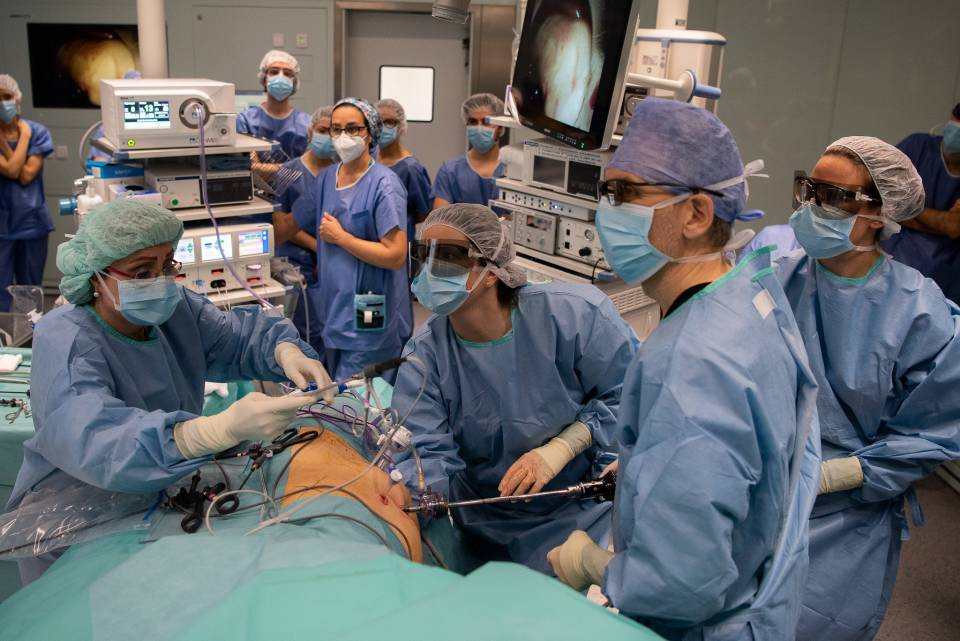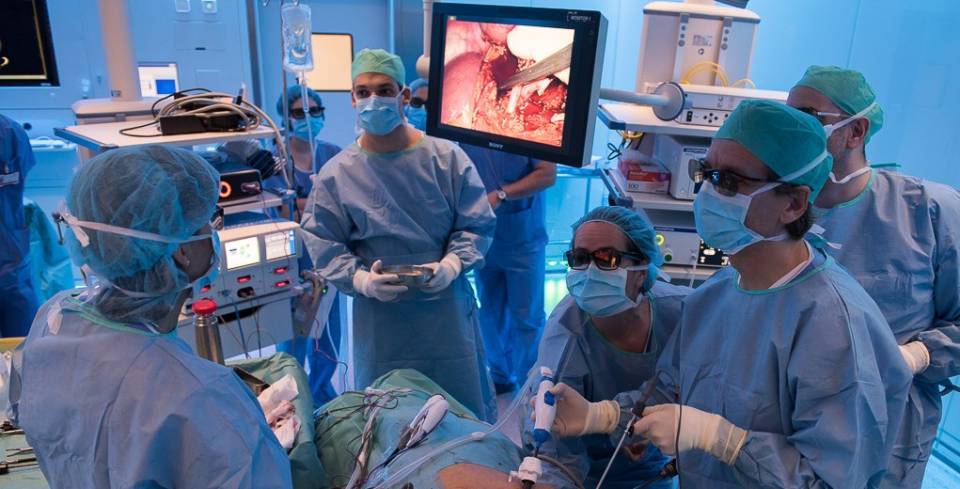Living with Renal Lithiasis
Renal lithiasis and nutrition
Diet is a very important factor in preventing the formation of kidney stones, especially if you have had them in the past. There are some general recommendations to prevent them from occurring and specific recommendations to avoid the most common ones, according to their composition: calcium oxalate and uric acid.
General recommendations for preventing kidney stones

Stay well hydrated. You should drink at least two litres of water a day to increase urine production, prevent stones from forming and make it easier to pass urine.

Reduce your sodium intake. Salt promotes the formation of uric acid crystals and calcium oxalate. For this reason, you should reduce the amount of sodium-rich foods you eat, such as ready meals, sausages, preserves, salted foods, and so on, and replace salt with other condiments such as aromatic herbs and spices.

Moderate your intake of animal-protein-rich foods. Eating large quantities of protein-rich foods every day affects the urine by reducing its pH, increasing the amount of oxalate and uric acid, and lowering the amount of citrate.

Avoid protein supplements. Excess protein from animal sources also encourages the formation of stones, so protein supplements can cause excess daily protein needs.

Maintain or achieve an appropriate weight. Excess weight encourages the formation of stones.

Your diet should be as balanced as possible, without excess. It is possible to maintain an adequate, varied and balanced diet, without overdoing it or eliminating any food group.
What is the best diet for people with kidney stones?
Specific recommendations
- Calcium oxalate lithiasis
Calcium oxalate lithiasis

Ensure you take in a sufficient amount of calcium each day. There is a relationship between the recommended daily intake of calcium in the diet and reduced stone formation. This is because calcium decreases the absorption of oxalate in the intestine and this is eliminated in the faeces, making the possibility of producing calcium oxalate stones smaller. This is why, contrary to what you might think, it is very important to ensure the recommended daily intake of calcium per day with foods such as dairy.

Avoid foods high in oxalate such as spinach, chard, rhubarb, wheat bran, walnuts, peanuts, chocolate, tea, and cola-type drinks.

Do not take vitamin C and D supplements without a prescription. Vitamin C (ascorbic acid) is metabolised into oxalate, so it should not be taken as a supplement as the amount this provides is exponentially higher than the recommended daily dose. You can, and should, eat foods rich in vitamin C, such as oranges, lemons, and so on, as these also provide citrate, which reduces the crystallisation of calcium with other components. On the other hand, vitamin D promotes the absorption of calcium in the intestine, thereby reducing the possibility of it binding to oxalate in the intestine.

Do not consume foods containing xylitol. The body converts this sweetener into oxalate.
- Uric acid lithiasis

Avoid sudden weight loss or high-intensity physical exercise to prevent situations of muscle mass deterioration, as this increases the amount of uric acid in the body.

Avoid foods high in purines. These include offal, meat extract or broth, red meat, sausages, seafood, blue fish and crustaceans.

Do not eat foods containing fructose as a sweetener. This sugar, when consumed in excess, increases uric acid in the blood. Diet drinks and juices, for example, can contain large quantities of this sugar.

Do not consume alcoholic drinks. Alcohol increases uric acid in the blood and is therefore not recommended in these situations. Drinks such as beer and highly alcoholic drinks should particularly be avoided.
The importance of stones composition
Substantiated information by:


Published: 16 November 2020
Updated: 16 November 2020
Subscribe
Receive the latest updates related to this content.
Thank you for subscribing!
If this is the first time you subscribe you will receive a confirmation email, check your inbox
Renal Lithiasis related news
13 January 2021

